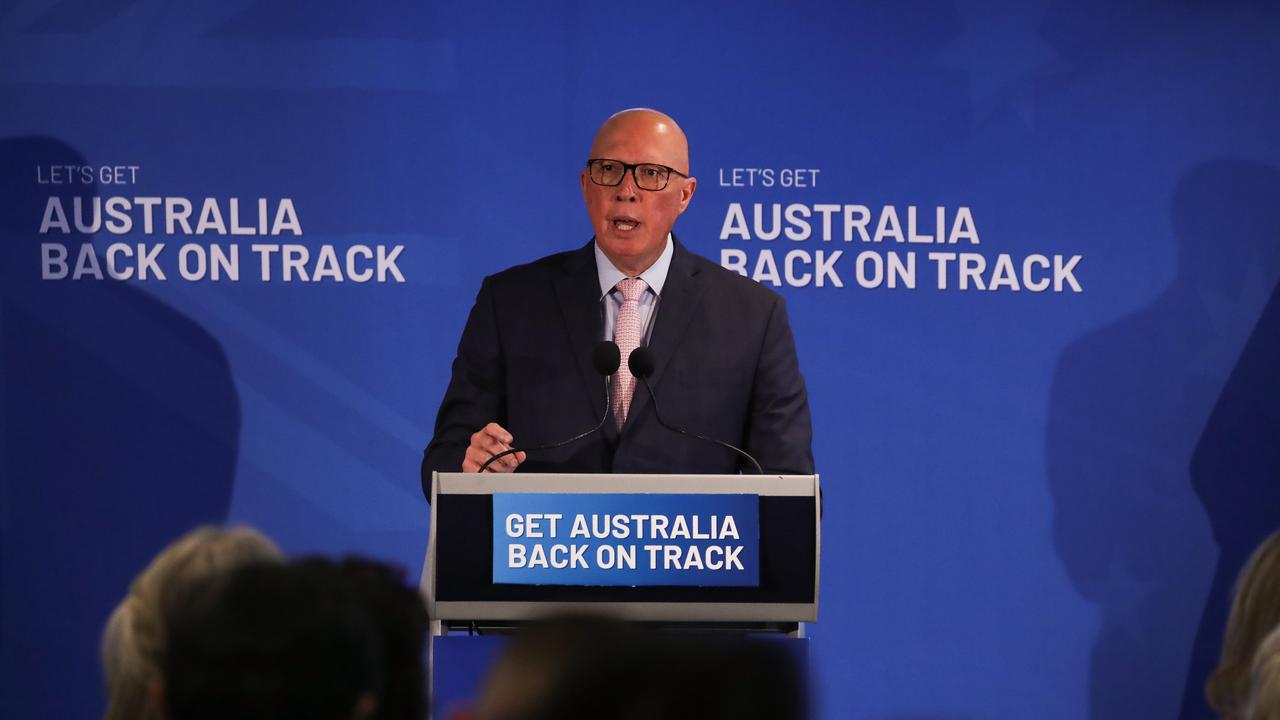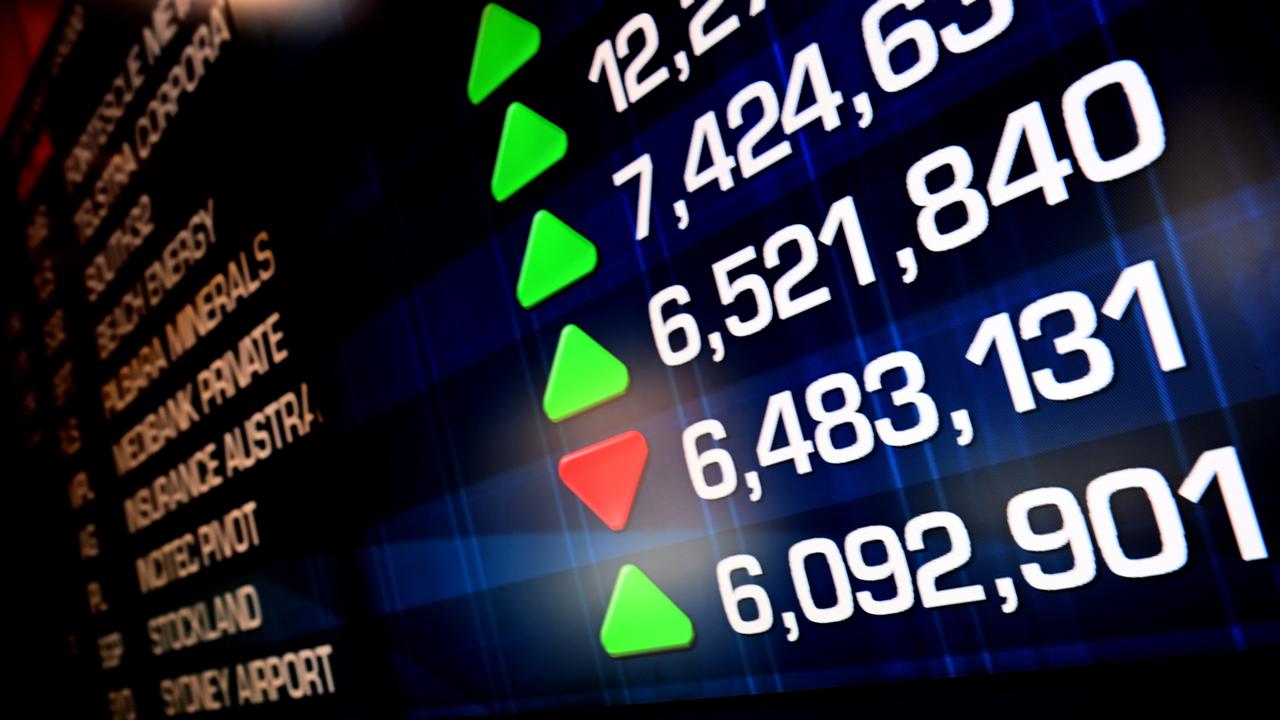Glimmer of hope: Rents hold in Australia’s two largest cities
The rental crisis in Australia is finally showing signs of easing, as advertised prices stall for the first time in three years, according to new research.

Australia’s housing crisis is showing its first signs of easing as the pace of rent growth drops to the slowest point since 2021, new research shows.
Fresh figures released by PropTrack on Thursday show the national median weekly advertised rents increased by 1.6 per cent over the December 2024 quarter, to a new high of $620.
However, while renters are still spending more each week, advertised rents have stopped increasing at the pace they were in the post-Covid boom.
PropTrack senior economist Paul Ryan said progress had been made on rents, especially in the major cities.
According to PropTrack, there was “welcome news” for renters as advertised rents in the country’s two largest markets remained flat, with Sydney at $730 and Melbourne $570.
“The pace of rent growth across the country is slowing, with market conditions easing for
renters,” Mr Ryan said.
“Rents are now growing at their slowest pace since late 2021.
“The slower pace of growth comes on the back of an increase in the number of available rentals as well as cost of living pressures limiting tenants’ spending capacity.”
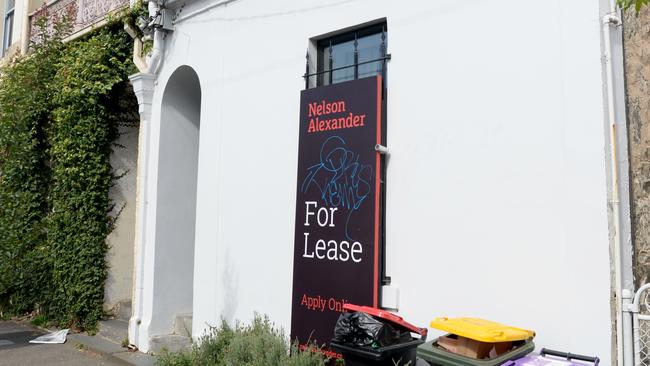
Rental prices were also unchanged for Adelaide, Perth, Hobart and Darwin.
But Brisbane and Canberra were still experiencing increases.
According to PropTrack, overall capital city advertised rents increased by 1.6 per cent over the six months due to strong growth in those two capitals.
Canberrans saw the steepest asking rental increases up 3.3 per cent over the quarter.
“Brisbane and Canberra were the only two capital cities to see rents increase over the past three months, but Adelaide and Perth have seen the strongest increases in rents over the past year,” Mr Ryan said.
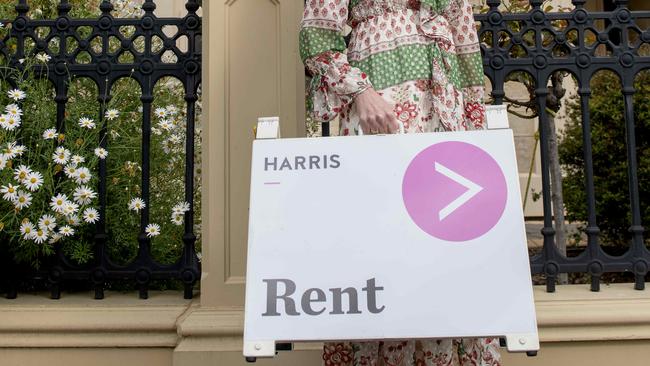
Regionally advertised rents were unchanged at $550 per week in the December quarter of 2024.
Despite the slowing of rents in the fourth quarter, Aussies are still spending significantly more on their rents over the past year.
National rents increased by 6.9 per cent over the 2024, down from 11.5 per cent over 2023.
The increase in rents outstrip wage growth, which according to the ABS lifted by 3.5 per cent over the 12-months until September 2024.
PropTrack says this is the slowest rate of annual rent growth since the September 2021 quarter.
“The slower pace of growth comes on the back of an increase in the number of available rentals as well as cost of living pressures limiting tenants’ spending capacity.
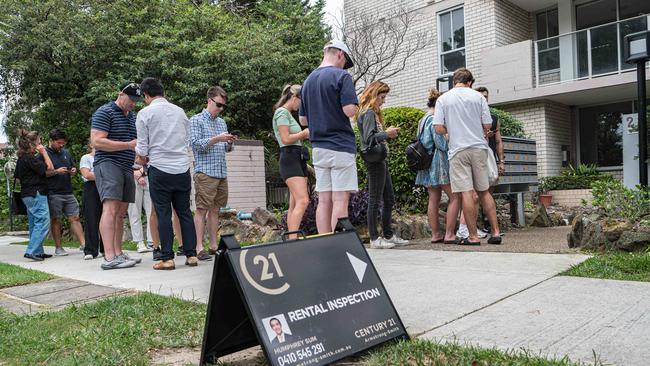
Separate research in December released by the Real Estate Institute of Australia (REIA), showed the national median prices for houses and other dwellings continue to rise, adding to the affordability.
REIA President Leanne Pilkington said the inverse relationship between vacancy rates and rents continues to play out, with tight markets in cities like Adelaide driving higher rental prices.
“These figures demonstrate the evolving nature of Australia’s property market, where both opportunities and challenges emerge depending on the location and asset type,” Ms Pilkington said.



